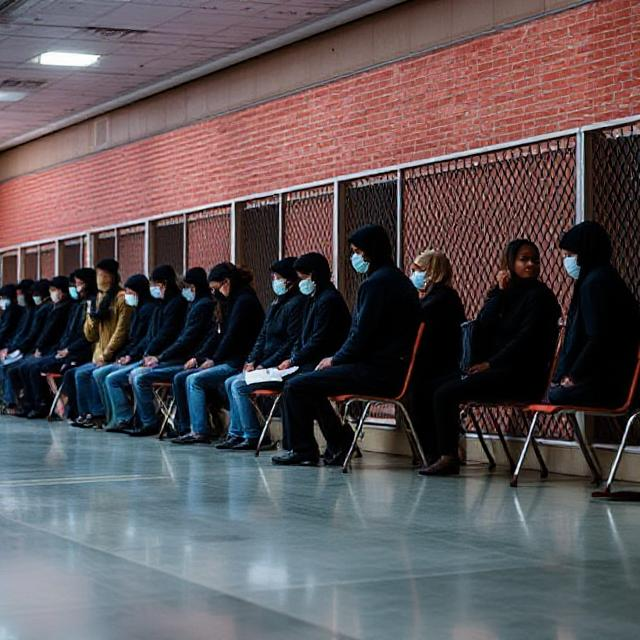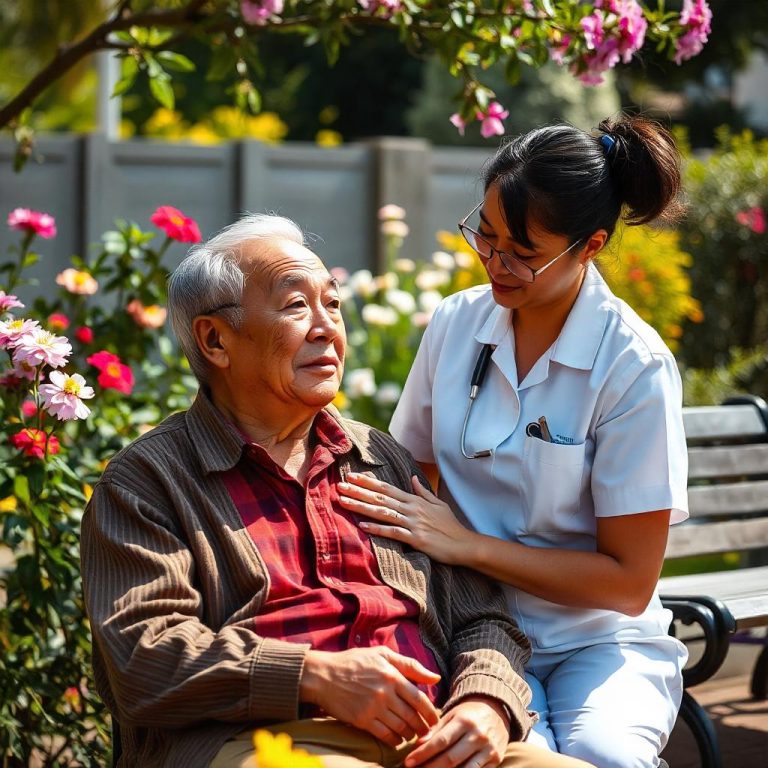24-hour hospice support offers specialized care for individuals in the final stages of life, focusing on comfort, dignity, and quality of life. Hospice care is designed for patients with life-limiting conditions who are no longer seeking curative treatments but rather require symptom management, emotional support, and a compassionate environment. The availability of round-the-clock care ensures that both the patient and their loved ones receive the assistance they need at any time of day or night.
What is 24-Hour Hospice Support?
24-hour hospice support involves providing continuous care to individuals with terminal illnesses or chronic conditions that are expected to lead to death within six months. Hospice care focuses on managing pain, relieving symptoms, and providing emotional, spiritual, and psychological support to both the patient and their family members.
This type of care is delivered by a team of healthcare professionals, including doctors, nurses, social workers, chaplains, and trained hospice aides. These professionals work together to create a personalized care plan tailored to the patient’s needs, ensuring comfort and emotional well-being during this sensitive time.
Key Features of 24-Hour Hospice Support
- Pain and Symptom Management
- One of the main goals of hospice care is to provide relief from pain and symptoms that can cause discomfort or distress. This can include managing physical pain, nausea, difficulty breathing, anxiety, and other distressing symptoms. Through medication, alternative therapies, and interventions, 24-hour hospice care ensures that patients are as comfortable as possible.
- Emotional and Psychological Support
- End-of-life care can be an emotional and challenging time for both patients and families. 24-hour hospice support provides counseling and emotional support through a team of trained professionals, helping both the patient and family members process their feelings, fears, and anxieties. Hospice workers offer a safe space to discuss end-of-life issues and facilitate meaningful conversations about death and dying.
- Spiritual Care
- Many hospice patients seek spiritual comfort during their final days. Hospice care often includes the support of chaplains or spiritual counselors who respect the patient’s beliefs and offer prayer, rituals, or spiritual counseling. This spiritual care can provide emotional peace and a sense of purpose during the end-of-life journey.
- Respite Care for Family Caregivers
- Caregivers often bear the emotional and physical strain of providing care to a loved one who is terminally ill. 24-hour hospice care allows family members a break from caregiving duties by providing temporary respite care. This gives caregivers the opportunity to rest, attend to their own needs, and recharge while knowing their loved one is being well cared for.
- Personalized Care Plans
- Hospice care is highly individualized. 24-hour hospice support involves creating a care plan that addresses the unique needs of the patient, including their specific medical, emotional, and spiritual needs. This plan is continually adjusted to ensure that the patient receives the most appropriate care at every stage of their condition.
- Family Support and Education
- Hospice care teams not only support the patient but also offer guidance and resources for the patient’s family. This includes providing education on what to expect during the end-of-life process, as well as counseling on how to manage grief and loss. Families are encouraged to be actively involved in their loved one’s care while receiving support to cope with the emotional aspects of the situation.
- In-Home Care or Facility-Based Care
- Hospice care can be provided either at home or in a hospice facility, depending on the patient’s wishes and medical needs. In-home care allows patients to remain in the comfort of their own environment, surrounded by familiar surroundings and loved ones. For patients who require more intensive care, hospice facilities offer specialized care with round-the-clock medical staff and a peaceful, supportive setting.
- Medical Equipment and Supplies
- 24-hour hospice care includes providing the necessary medical equipment and supplies to manage the patient’s comfort. This can include items such as hospital beds, oxygen tanks, wound care supplies, and other tools to ensure the patient’s comfort and well-being. These items are often provided and maintained by the hospice provider.
Benefits of 24-Hour Hospice Support
- Improved Comfort and Quality of Life
- The main benefit of 24-hour hospice support is the improvement in the patient’s comfort and quality of life during their final days. By focusing on pain management and providing emotional and spiritual care, hospice services ensure that patients are able to live out their remaining time with dignity and without suffering.
- Peace of Mind for Families
- Having access to 24-hour hospice support gives families peace of mind, knowing that their loved ones are receiving the best possible care. It also alleviates some of the stress and burden on family members, who can rest assured that trained professionals are handling the care.
- Holistic Approach to Care
- Hospice care takes a holistic approach, addressing not just the physical needs of the patient, but also their emotional, psychological, and spiritual well-being. This comprehensive care ensures that all aspects of the patient’s life are tended to, creating a sense of peace and comfort during their final days.
- Support for Caregivers
- Family caregivers are given the support they need to cope with the demands of caregiving, including respite care. This helps reduce the emotional toll that caregiving can take and ensures that caregivers are able to focus on their own well-being during a difficult time.
- Cost-Effective Care
- Many hospice services are covered by Medicare, Medicaid, and private insurance, making them a cost-effective option for end-of-life care. This financial support removes the burden of expensive medical bills, ensuring that the focus remains on comfort and support rather than financial concerns.
When is 24-Hour Hospice Support Appropriate?
24-hour hospice support is typically appropriate for individuals with terminal illnesses or conditions where curative treatments are no longer effective. This can include cancer, heart failure, Alzheimer’s disease, kidney failure, or any progressive disease that significantly reduces life expectancy.
The decision to initiate hospice care is often made by the patient, their family, and their healthcare provider. Hospice care can be started at any point in the terminal stage of illness, but it is most beneficial when begun earlier in the process. Starting hospice care early allows patients to benefit from symptom management, emotional support, and spiritual care, providing a more peaceful and dignified end-of-life experience.






